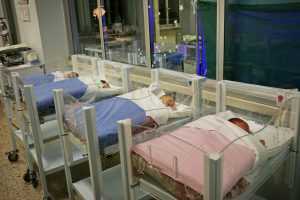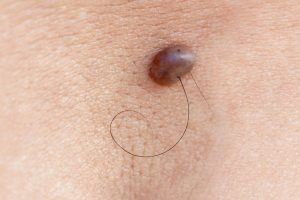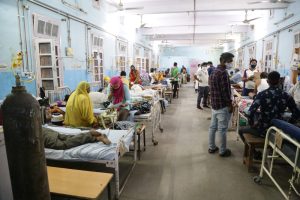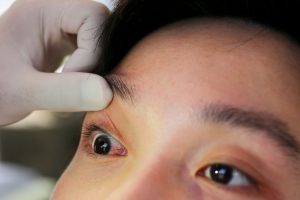Approximately 65% of breast cancer instances in the Philippines are identified in the advanced or late stages due to insufficient treatment and delayed detection.
Among Filipinos, the five-year relative survival rate for breast cancer is a mere 44.4%. The Philippine Cancer Society highlighted that breast cancer is the leading cancer in terms of both new cases and fatalities, not only in the local context but also on a global scale. The statistics reveal 27,163 new cases annually, resulting in 9,906 deaths each year for both genders.
Risks to Breast cancer
Women who have an increased risk of developing breast cancer include those who experienced early menstruation (before the age of 12) and had late menopause (beyond the age of 55). It could also affect those who did not have children or breastfeed. They could also have a family history of the disease, have a history of lymphoma, used birth control pills without proper control, or have undergone hormone replacement therapy.
Warning Signs of Breast Cancer
Warning signs of breast cancer can vary among individuals. Still, some common signs and symptoms include changes in breast size or shape, skin dimpling or puckering. It can also emerge as an itchy, scaly sore or rash on the nipple, nipple retraction, sudden nipple discharge, and persistent, localised pain.
Stigma About Breast Cancer
Breast cancer has surpassed lung cancer as the most common cancer, according to GLOBOCAN 2020 statistics. It has its share of stigma-related attributes often related to treatment.
Dr. Edgar Christian S. Cuaresma FPCP, FPSMO, head of oncology at the Dr. Paulino J. Garcia Memorial Research and Medical Center in Cabanatuan City, gave insights about the stigma of breast cancer in the Philippines. He stated that cancer stigma is prevalent. It serves as a significant barrier that affects a patient’s perception of disease awareness, which is often negative and undesirable. Discussing cancer proves to be highly challenging and stands as the primary reason why patients struggle to dispel the stigma that nurtures fear and a lack of understanding about this life-changing chronic illness.
“Surgery can lead to some form of disfigurement in breast cancer when one breast is removed. Hence, there is an impaired body image for some patients. Some women feel incomplete, inferior, and less desirable because a physical part is removed. Some women feel that they are being avoided because of the disease. Also, for some part, they experience discrimination from others as some people think that cancer is a communicable disease.
Besides the physical harm, some patients develop negative feelings from what they read and know about the disease. Lack of acceptance of the disease, feelings of shame, and low self-esteem are some of the negative feelings that change the self-concept of the individual after the cancer diagnosis,” he added.
A Doctor’s Word of Guidance
Dr Cuaresma also stressed the significance of early cancer detection, highlighting that the Philippines currently has stronger cancer screening recommendations. This will help people recognise that early detection indeed saves lives. Additionally, it is important for people to realise that cancer is no longer a disease of restraint, as it becomes treatable when detected early.
He also expressed his role in improving breast cancer awareness in the country. He stated, “At present, I can see that more and more cancer patients are becoming empowered. Empowerment is defined as a process that helps people gain control over their own lives and increases their capacity to act on issues that they define as important.”
“As a medical oncologist, I need to help patients break down the stigma by communicating effectively with them and teaching them that talking about their disease is not difficult. Empowerment is more than raising awareness about the disease. It is standing up for them to take action and get involved in the process,” he said.
Together We Stand
Breast cancer remains a prevalent threat globally. This is especially serious in the Philippines, where diagnosis often comes in the advanced or late stages. With better guidance and disease awareness, detection can be made earlier so that action can be taken. TOGETHER, LET’S FIGHT BREAST CANCER!” encouraged Dr Cuaresma.














